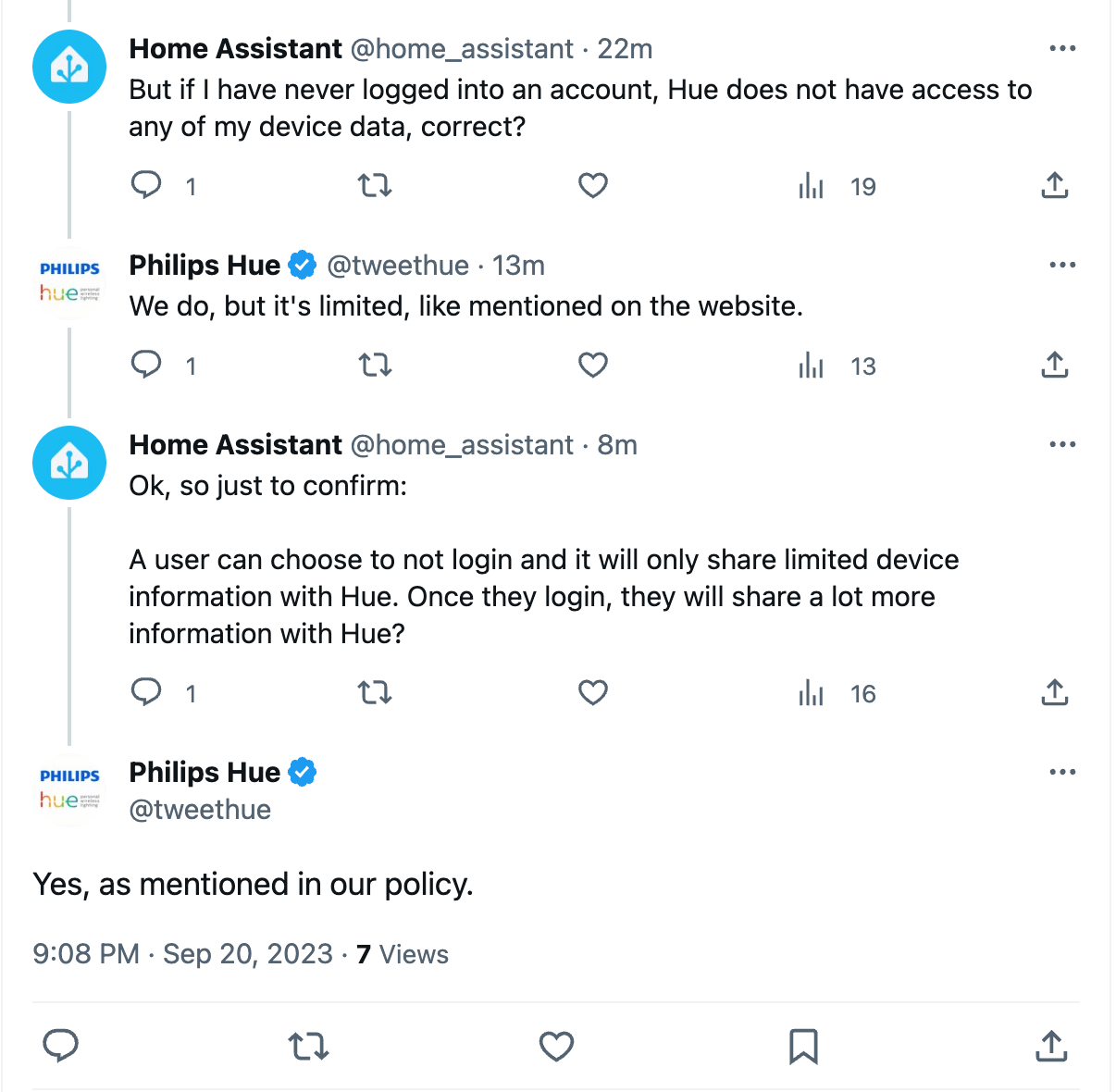[…] “Singapore will be one of the first few countries in the world to introduce automated, passport-free immigration clearance,” said minister for communications and information Josephine Teo in a wrap-up speech for the bill. Teo did concede that Dubai had such clearance for select enrolled travelers, but there was no assurance of other countries planning similar actions.
[…]
Another consideration for why passports will likely remain relevant in Singapore airports is for checking in with airlines. Airlines check passports not just to confirm identity, but also visas and more. Airlines are often held responsible for stranded passengers so will likely be required to confirm travelers have the documentation required to enter their destination.
The Register asked Singapore Airlines to confirm if passports will still be required on the airline after the implementation of biometric clearance. They deferred to Changi’s operator, Changi Airport Group (CAG), which The Reg also contacted – and we will update if a relevant reply arises.
What travelers will see is an expansion of a program already taking form. Changi airport currently uses facial recognition software and automated clearance for some parts of immigration.
[…]
Passengers who pre-submit required declarations online can already get through Singapore’s current automated immigration lanes in 20 to 30 seconds once they arrive to the front of the queue. It’s one reason Changi has a reputation for being quick to navigate.
[…]
According to CAG, the airport handled 5.12 million passenger movements in June 2023 alone. This figure is expected to only increase as it currently stands at 88 percent of pre-COVID levels and the government sees such efficiency as critical to managing the impending growth.
But the reasoning for biometric clearance go beyond a boom in travelers. With an aging population and shrinking workforce, Singapore’s Immigration & Checkpoints Authority (ICA) will have “to cope without a significant increase in manpower,” said Teo.
Additionally, security threats including pandemics and terrorism call for Singapore to “go upstream” on immigration measures, “such as the collection of advance passenger and crew information, and entry restrictions to be imposed on undesirable foreigners, even before they arrive at our shores,” added the minister.
This collection and sharing of biometric information is what enables the passport-free immigration process – passenger and crew information will need to be disclosed to the airport operator to use for bag management, access control, gate boarding, duty-free purchases, as well as tracing individuals within the airport for security purposes.
The shared biometrics will serve as a “single token of authentication” across all touch points.
Members of Singapore’s parliament have raised concerns about shifting to universal automated clearance, including data privacy, and managing technical glitches.
According to Teo, only Singaporean companies will be allowed ICA-related IT contracts, vendors will be given non-disclosure agreements, and employees of such firms must undergo security screening. Traveler data will be encrypted and transported through data exchange gateways.
As for who will protect the data, that role goes to CAG, with ICA auditing its compliance.
In case of disruptions that can’t be handled by an uninterruptible power supply, off-duty officers will be called in to go back to analog.
And even though the ministry is pushing universal coverage, there will be some exceptions, such as those who are unable to provide certain biometrics or are less digitally literate. Teo promised their clearance can be done manually by immigration officers.
Source: Singapore plans to scan your face instead of your passport • The Register
Data safety is a real issue here – how long will the data be collected and for what other purposes will it be used?




 Twitter conversation with Philips Hue (source:
Twitter conversation with Philips Hue (source: